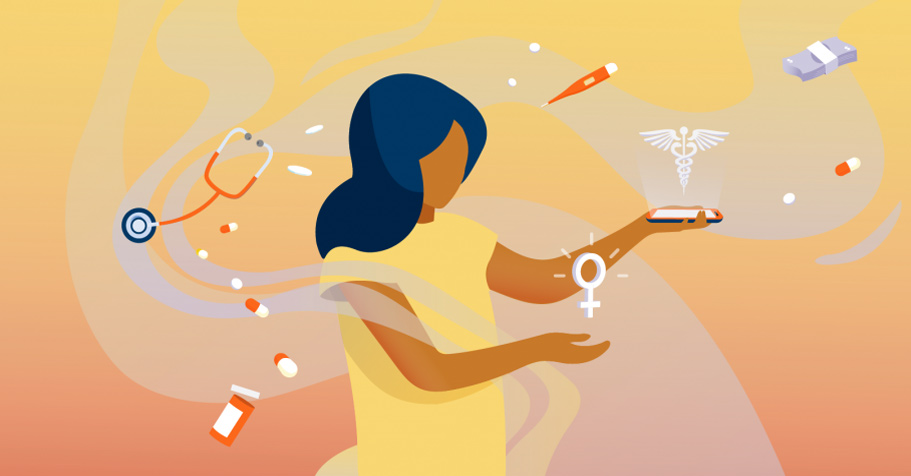On Sept. 6, Medical Herstory hosted a virtual Feminist Health Research Conference to discuss the gendered impacts of health and medicine. The event brought together current students and graduates from the University of Cambridge’s MPhil in Health, Medicine and Society to address and explore how gender impacts health and illness.
The conference was split up into two separate panels titled “Disruptive Voices” and “Creating Community,” where speakers highlighted intersectional issues within medicine. In the first, panellists explored how listening to unheard women’s voices can expose institutionalized gender inequity. Panelists discussed how women’s bodies are stereotypically seen as ‘messy’ or ‘mutilated’ and how this skewed perspective impacts the treatment of women in medicine. The second panel addressed how marginalized individuals have historically formed communities to share their experiences, negotiate, and resist treatment offered by mainstream medical practices.
Medical Herstory aims to expose structures of sexism, racism, classism, and ableism within medicine and works to counteract traditional healthcare methods by refusing to allow women’s experiences to be erased. Founder and Editor-in-Chief of Medical Herstory Tori Ford, BA ‘19, started the platform as a way to elevate women’s stories and break the stigma surrounding discussions of their bodies. In an email interview with the The McGill Tribune, Ford described the inspiration behind hosting the conference.
“Often in academic spaces, experiences of inequity, illness, and suffering can become sanitized or heavily medicalized,” Ford wrote. “With the Feminist Health Research Conference, we wanted to highlight work that foregrounds lived experience, subverts traditional narratives, or examines how gendered discourses shape health and illness. Applying a feminist lens to clinical encounters, medical treatments, or patient experiences opens up new possibilities for understanding intersecting and interlocking structures of oppression and advocating for change.”
Panellists spoke about how gender inequality permeates clinical encounters, community formation, and self-esteem. Discussion topics ranged from chronic yeast infections, to off-label drug use, to breastfeeding, to postpartum depression.
A common theme threading through the presentations was the lack of current clinical research on women’s health issues. Panelists also spoke about the difficulty of conducting feminist research given that men have written the majority of existing literature. The stigma surrounding women’s health issues often results in women avoiding medical care and choosing to engage in potentially dangerous self-treatment practices. As a result, they feel that they must often cope alone, and in silence. Medical Herstory’s hopes to highlight positive discussions of women’s bodies rather than their pain. Ford hopes that attendees walked away feeling more educated and excited about the prospects of feminist health research.
“We hope that our attendees left feeling empowered to better understand and undo gender health inequity by applying a feminist lens to their own research, lived experiences, or understandings of gender, health, and illness,” Ford said.
Since Ford’s graduation from McGill, Medical Herstory has continued to expand into university chapters around the world, and the McGill chapter continues to be a community for sharing stories and hosting events to de-stigmatize conversations about womens’ bodies. Medical Herstory is currently working on introducing workshops and is recruiting volunteers for the first time. Their website is open to submissions all year and is currently welcoming new stories.
To learn more, watch the full recorded conference here.









